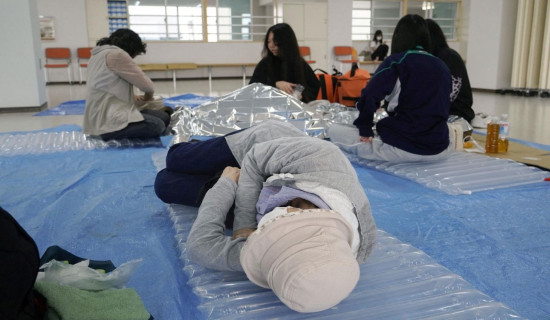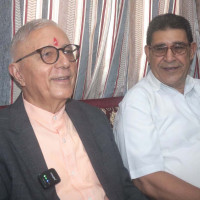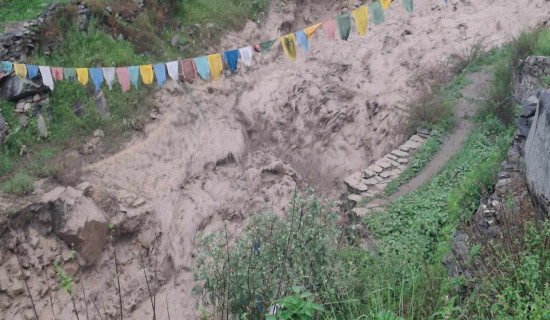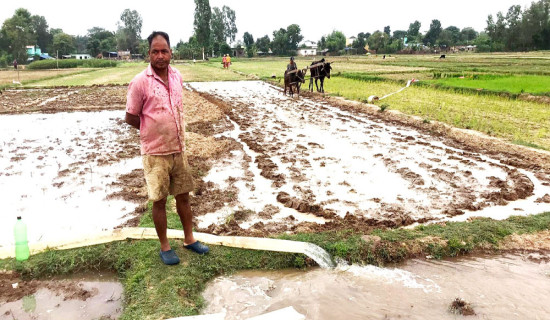- Wednesday, 30 July 2025
Let Students Ask Questions
The other day, it so happened that one of my 9th graders asked some questions in a rapid sequence during an English lesson. It seemed that his mind was whirling and one question led to another. All the questions were responded to with a little bit of suspicion, and the new teacher told him, 'don't be too smart', 'keep quiet', 'shut your mouth' - or else you will face action. This seemingly insignificant but serious incident compelled me to ponder the matter.
Firstly, aren't students sent to school to be smart people? Is it a crime to ask questions in class? Isn't the ultimate goal of all kinds of learning to enable students to ask questions and respond to them? Of course, by asking questions relentlessly, students can get engaged with content on a deeper level. Understanding of the content becomes wider if questions are asked incessantly. But, unfortunately, our students' curiosity is repressed under strict discipline, blunting their creativity and critical thinking.
Any behaviour that breaks the flow of the teacher's lecture may result in a severe rebuke from the class. Students cannot be involved in depth learning, nor can they learn to answer questions if they don't ask. Asking questions doesn't occur in a vacuum; it is the result of the critical and creative outcome of the mind. Encouraging students to ask questions fosters a culture of deep learning, which goes a long way in helping them develop critical thinking skills. Once students are curious about the content delivered, and if they are provided with an environment of openness in the classroom, they can demonstrate critical thinking ability and develop a creative mindset.
The habit of asking questions encourages collaboration and helps students gain confidence in their abilities. Questions can create a vibrant learning environment, albeit noisy and chaotic. A noisy classroom is often misunderstood in our culture as a lack of discipline, even though the sparks of intelligence and efficiency often take root in chaos. Teachers who fear too many questions are often vying for control, hoping that they are always at the centre of the teaching. If students are to develop the confidence to ask, explore and unlock their indefinite potentialities, they should be provided with a non-judgmental environment in which they are not prohibited from raising questions.
This question-and-answer session enables the students to reach a deeper level of understanding. Asking questions, whether relevant or not, helps students learn decision-making, challenges their thinking, and refines their thoughts. It also prepares them for the new world, where they have to engage in conversations on topics they know little about, and will need to ask questions to learn how to develop their understanding. The best scientists in the world proposed their hypothesis only by asking hypothetical questions one after another. How do we produce skilled manpower in our education system if students are only taught to learn the content they receive? They must be equipped with the skill of interrogation.




-square-thumb.jpg)


-square-thumb.jpg)
-square-thumb.jpg)








